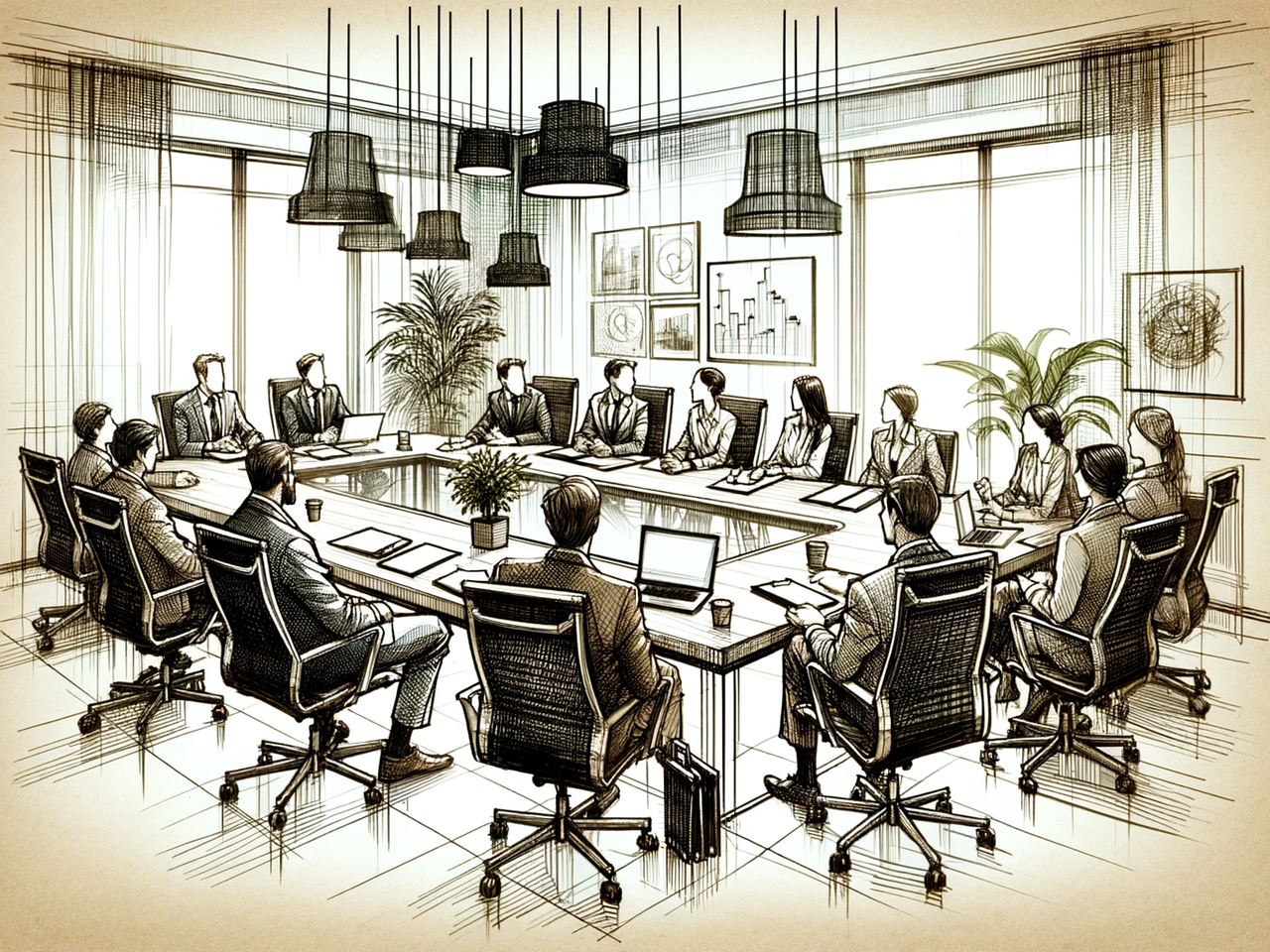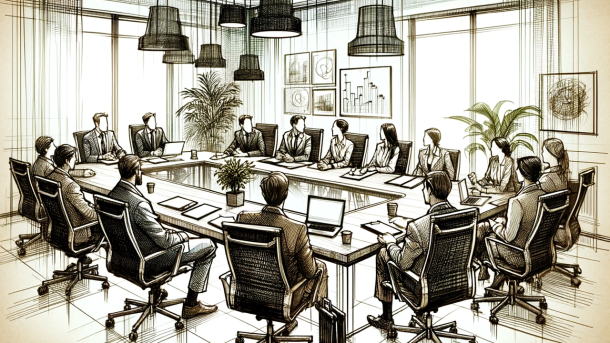
Ten years after paying tenderpreneur Makhensa Mabunda R266m to modernise its Braamfontein and Salt River depots, the Passenger Rail Agency of South Africa (Prasa) has hired new contractors, paying them hundreds of millions to redo the work.
The details of Mabunda’s R266m bonanza are contained in an explosive investigative report by the Special Investigating Unit (SIU).
Mabunda is no stranger to Prasa’s murky dealings. He is the chair and founder of Siyaya, a group of companies tainted by allegations of bribery and corruption linked to Prasa’s 2013 R3.5bn locomotives scandal involving Swifambo Rail Leasing and Vossloh Espana.
Evidence before the Zondo Commission of Inquiry into State Capture revealed that Mabunda allegedly pocketed more than R200m in kickbacks for facilitating the deal.
The SIU dossier — made public for the first time by the Sunday Times last week — reveals how:
- Prasa’s jailed bogus engineer, Daniel Mthimkhulu, received R290,000 in kickbacks from contractors;
- A company contracted by Prasa claimed and was paid R4m for work it never performed;
- The brother of a Prasa employee received R2.8m in illicit payments from an entity doing business with the agency; and
- Prasa officials blew R98m on nonlethal weapons the organisation didn’t need and ultimately dumped into storage.
According to the report, between 2010 and 2019, Prasa executives embarked on a procurement spree, irregularly awarding tenders worth R2.8bn in violation of procurement policies.
Last week, the Sunday Times reported that six security companies — handpicked by Prasa and paid a staggering R1.6bn — were among the key beneficiaries of this tender frenzy.
Prasa’s executives also handpicked and appointed 19 additional companies, at a cost of R1.2bn, without open tender processes. These firms were contracted for services ranging from repairs and maintenance to forensic investigations and cable theft prevention.
Among the 19 was Siyaya Energy, owned by Mabunda, which at the time was in partnership with Deutsche Bahn International, the German rail operator and engineering specialist.
According to the SIU, Prasa, Siyaya Energy and DB International signed a memorandum of understanding (MoU) in 2011 to exchange expertise in railway operations.
In June 2013, former Prasa CEO Lucky Montana formalised the MoU by appointing Siyaya Energy and DB International — without any proper tender process — to develop new designs for the modernisation of the Braamfontein and Salt River depots for R97m. The contract, awarded for R97m, was undertaken under the trading name Siyaya DB.
According to the SIU, “It was motivated that it was for the benefit of Prasa that this work for technical design for the depot modernisation programme be confined to DB International, as the type of solution required by Prasa needs expertise and experience of a railway operator and railway consultant.”
Further, that no private sector company would be able to provide the technical designs and solutions that DB International would provide Prasa.
However, SIU investigators found that by September 2016, Prasa had paid Siyaya DB R266m.
It was motivated that it was for the benefit of Prasa that this work for technical design for the depot modernisation programme be confined to DB International, as the type of solution required by Prasa needs expertise and experience of a railway operator and railway consultant.
They said there was an indication of an R64.8m overpayment to Siyaya DB. However, they could not conclusively confirm this due to insufficient documentation.
Mabunda disputed the SIU’s figures. “I can confirm that for the depot modernisation, Siyaya Consulting Engineers invoices sent were for R196,845,410 and only R181,473,578 was paid, remaining with an outstanding payment of R15,371,839 due to Siyaya for work done.”
He declined further comment, saying he would need to see the entire SIU report first.
A Prasa executive, who spoke on condition of anonymity, told the Sunday Times Siyaya DB did not finish the designs because the company was liquidated by its partner, DB International in 2017.
In May 2016, DB International started liquidation proceedings against Siyaya DB, arguing that the entity owed it R12m for services rendered on Prasa’s project to redesign the Braamfontein and Salt River depots. The liquidation order was granted in late 2016.
DB International later distanced itself from Siyaya, claiming Mabunda had secured the contract to design the depots by misrepresenting and misleading Prasa into believing his company was in partnership with a reputable German company that would help it deliver on the project. It said the company only had a “limited subcontract” with Siyaya.
DB International did not respond to the Sunday Times’ questions.
Prasa’s 2023/24 annual report indicates the agency has abandoned the Siyaya DB designs and appointed new firms to redo the work.
According to this report, the design and construction services consultant for the Salt River depot “has received a letter to proceed with the project and is currently mobilising resources”.
For the Braamfontein depot, “the tender for consulting services to provide suitable and sufficient capacity to maintain the newly acquired fleet [of trains] was awarded in November 2023. Contracting is under way.”
The depot modernisation forms part of Prasa’s extensive multibillion rand programme to overhaul and revamp its entire rail infrastructure. It is introducing new rolling stock, known as electric multiple unit (EMU) trains. These new blue-and-white trains, which Prasa started introducing in 2019, are made by the Gibela Consortium in Nigel. The agency is also installing digital signalling equipment nationwide — at a cost of more than R19bn.
In May, Prasa told News24 that the Gibela Consortium had manufactured 268 EMU trains, but the agency was using only 142. The remainder were parked at Wolmerton, another depot with a troubled upgrade, which was shelved in 2021 over procurement irregularities.
The SIU report also shows that on October 1, 2018, Prasa paid Nandisa Milisa Consultancy (NMC) R4m for a bouquet of services — including various assessments and geotechnical investigations — allegedly delivered since its appointment in December 2013.
Investigators found that NMC fabricated, plagiarised and falsified various reports, and failed to produce others at all. The invoices, totalling R4m, were created by Prasa’s financial officer, Francis Theoane, who has since been dismissed.
Theoane allegedly generated the invoices using the website invoicehome.com and submitted them to Prasa on NMC’s behalf. The SIU said Prasa provided no reasonable explanation for an employee to create and submit such invoices.
In total, Prasa paid NMC R51.7m.
Between November 2016 and February 2018, the report shows that NMC paid R291,000 in kickbacks — in six tranches — to Mthimkhulu’s company, African Engineering Technology Institute.
In September last year, Mthimkhulu was sentenced to a 15-year jail term for misrepresenting his qualifications and falsely claiming he had a master’s degree and a doctorate in engineering management.
The report also shows that in February 2018, NMC paid R2.8m to Lamothewa Trading, owned by Leroma David Theoane. David, the brother of Francis Theoane, did not respond to requests for comment and Francis could not be reached.
NMC director Nandisa Gschwari denied all wrongdoing, including that Prasa paid her company R51.7m. “NMC denies, in the strongest terms, that it paid any ‘kickbacks’ to Molathethwa Trading, African Engineering, or any other party,” she said.
All payments made by NMC to subcontractors, she said, were legitimate subcontracting payments for services procured and supervised by NMC’s senior engineering team at the time.
NMC did not bill Prasa for fabricated or incomplete work, and all invoices submitted were for bona fide services and deliverables, she said.
.



